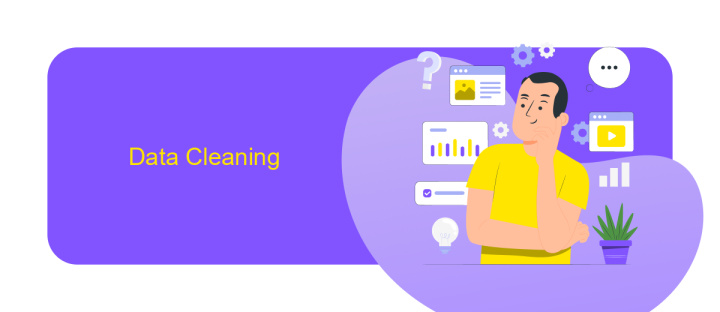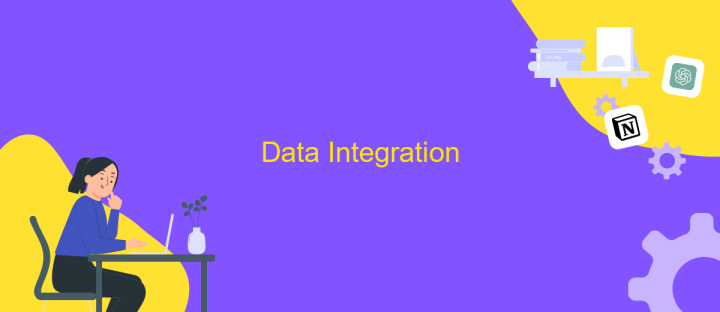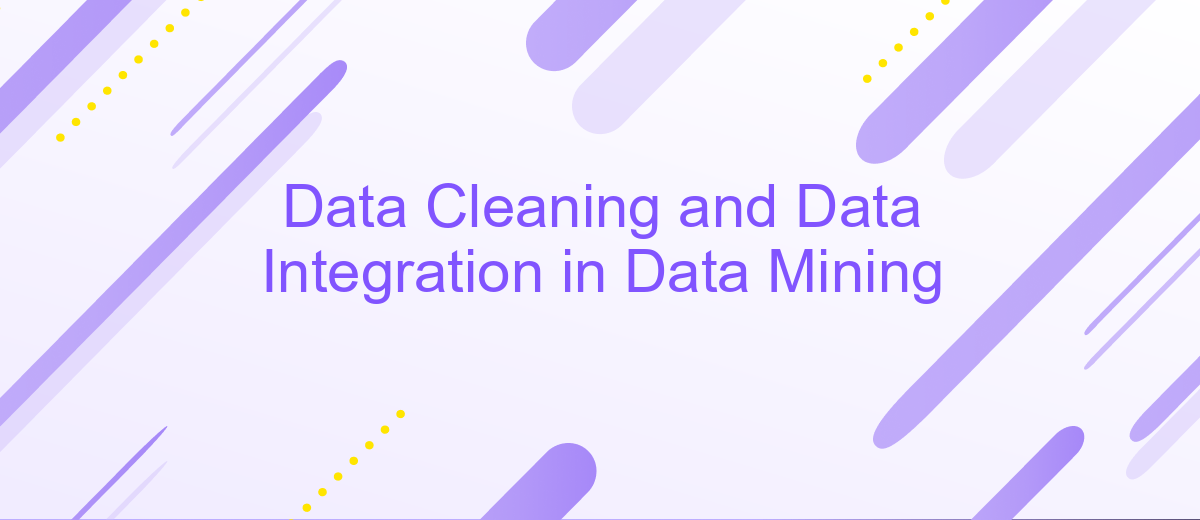Data Cleaning and Data Integration in Data Mining
Data cleaning and data integration are crucial steps in the data mining process. Data cleaning involves detecting and correcting errors or inconsistencies in data to ensure its quality and reliability. Data integration combines data from different sources into a coherent dataset. Together, these processes enhance the accuracy and effectiveness of data mining, leading to more insightful and actionable results.
Introduction
Data cleaning and data integration are fundamental processes in the field of data mining. These processes aim to improve the quality and consistency of data, which is crucial for accurate analysis and decision-making. Data cleaning involves detecting and correcting errors, removing duplicates, and handling missing values. On the other hand, data integration combines data from different sources to provide a unified view, facilitating comprehensive analysis.
- Data Cleaning: Error detection, correction, and removal of duplicates.
- Data Integration: Combining data from multiple sources for a unified view.
- Importance: Enhances data quality and consistency for better analysis.
Effective data cleaning and integration are essential for leveraging the full potential of data mining. By ensuring high-quality, integrated data, organizations can make more informed decisions, uncover hidden patterns, and gain valuable insights. This, in turn, leads to improved operational efficiency, competitive advantage, and overall business success.
Data Cleaning

Data cleaning is a crucial step in the data mining process that involves identifying and rectifying errors, inconsistencies, and missing values in datasets. This process ensures that the data is accurate, reliable, and suitable for analysis. Common techniques used in data cleaning include removing duplicate records, correcting typographical errors, and filling in missing values using statistical methods or machine learning algorithms. Proper data cleaning enhances the quality of the data, leading to more accurate and meaningful insights.
Effective data cleaning often requires the integration of various data sources and tools to streamline the process. Services like ApiX-Drive can facilitate this by automating data transfer and synchronization between different platforms. ApiX-Drive allows users to set up integrations without extensive programming knowledge, making it easier to maintain clean and consistent data across multiple systems. By leveraging such services, organizations can ensure that their data cleaning efforts are efficient and comprehensive, ultimately improving the overall quality of their data mining projects.
Data Integration

Data integration is a critical process in data mining, involving the combination of data from different sources into a unified view. It ensures that disparate data sets can be analyzed together, providing a comprehensive understanding of the underlying information. Effective data integration can lead to more accurate insights and better decision-making.
Key steps in data integration include:
- Data Preprocessing: Cleaning and transforming data to ensure consistency and compatibility.
- Schema Integration: Merging different data schemas to create a unified structure.
- Data Matching: Identifying and merging records that refer to the same entity across different data sources.
- Data Consolidation: Combining data into a single repository, such as a data warehouse.
- Data Transformation: Converting data into a common format or structure.
By following these steps, organizations can ensure that their data integration efforts are successful, leading to more reliable and actionable insights. This process not only enhances data quality but also facilitates more effective data analysis and reporting, ultimately driving better business outcomes.
Case Studies

In the realm of data mining, effective data cleaning and integration are pivotal for deriving actionable insights. One notable case study involves a retail company striving to optimize its inventory management. By employing advanced data cleaning techniques, the company was able to rectify inconsistencies in product descriptions and eliminate duplicate entries, leading to a more accurate inventory database.
Another compelling example is a healthcare organization that integrated disparate patient data sources to enhance patient care. Through meticulous data integration, the organization successfully combined electronic health records, lab results, and patient feedback into a unified dataset. This holistic view enabled more precise diagnoses and personalized treatment plans.
- A financial institution reduced fraud by cleaning transaction data and integrating it with external fraud detection systems.
- An e-commerce platform improved customer experience by merging user activity data with purchase history to offer personalized recommendations.
- A logistics company enhanced route optimization by integrating real-time traffic data with delivery schedules.
These case studies underscore the transformative power of data cleaning and integration in various industries. By ensuring data accuracy and coherence, organizations can unlock deeper insights, drive efficiency, and deliver superior outcomes.
Conclusion
In conclusion, data cleaning and data integration are critical processes in data mining that ensure the accuracy, consistency, and usability of data. Effective data cleaning helps in removing inaccuracies, inconsistencies, and redundancies, thereby improving the quality of the dataset. Meanwhile, data integration combines data from different sources to provide a unified view, which is essential for comprehensive analysis and decision-making.
Utilizing tools and services like ApiX-Drive can significantly streamline the data integration process. ApiX-Drive offers automated workflows that connect various data sources, simplifying the task of data integration and ensuring seamless data flow. By leveraging such services, organizations can enhance their data management strategies, leading to more reliable insights and better business outcomes. Overall, investing in robust data cleaning and integration practices is indispensable for any organization aiming to harness the full potential of their data.
FAQ
What is data cleaning in data mining?
Why is data integration important in data mining?
What are common techniques used in data cleaning?
How can automation tools help in data integration?
What challenges are commonly faced during data cleaning and integration?
Time is the most valuable resource in today's business realities. By eliminating the routine from work processes, you will get more opportunities to implement the most daring plans and ideas. Choose – you can continue to waste time, money and nerves on inefficient solutions, or you can use ApiX-Drive, automating work processes and achieving results with minimal investment of money, effort and human resources.

